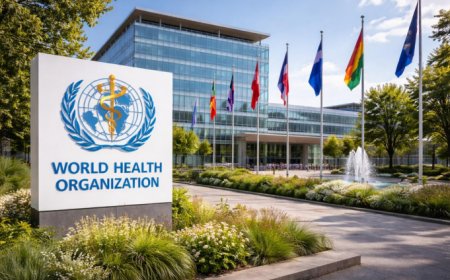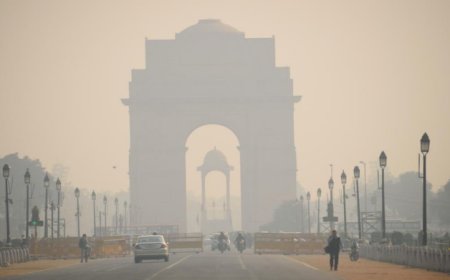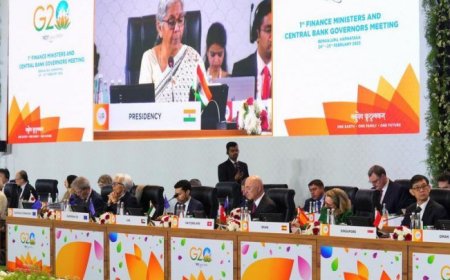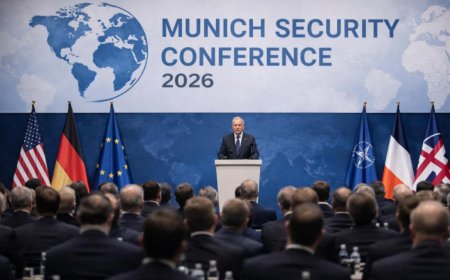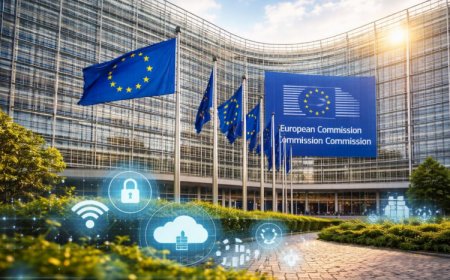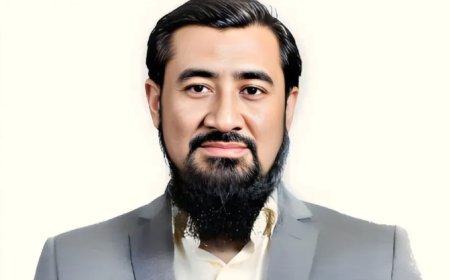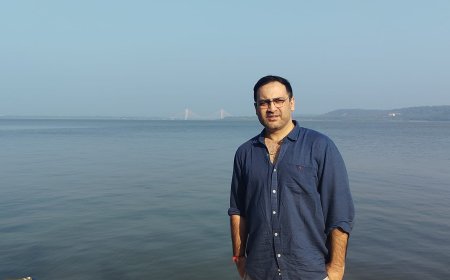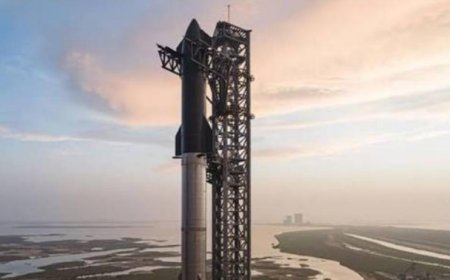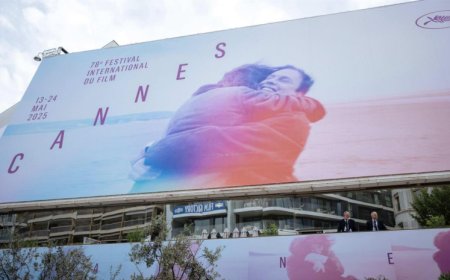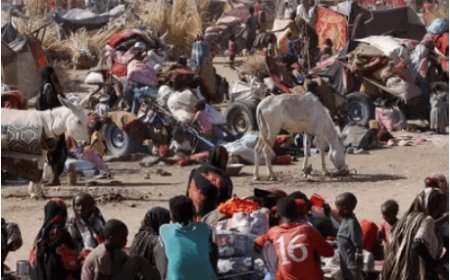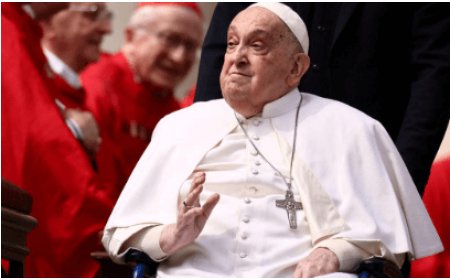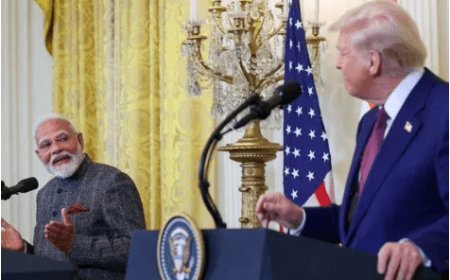Justin Trudeau's Shocking Resignation Sparks Political Uncertainty in Canada
Justin Trudeau's Shocking Resignation Sparks Political Uncertainty in Canada
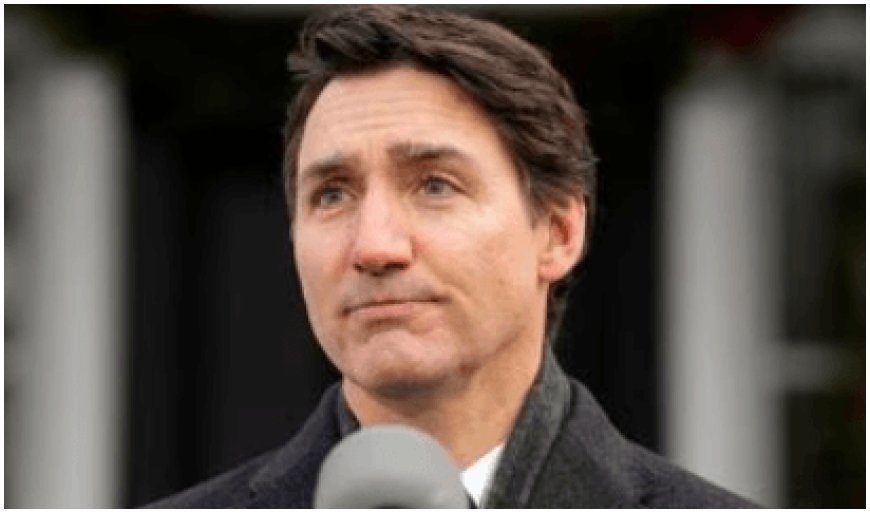
Justin Trudeau, Canada’s Prime Minister, has officially announced his resignation, marking the end of an era that spanned nearly a decade in office.
Justin decision has sent ripples through the political landscape, as the country prepares to transition to new leadership at a time when critical decisions loom on the horizon. Trudeau's departure has been met with a mixture of surprise and reflection, as Canadians look back on a tenure characterized by significant accomplishments, controversial moments, and a relentless focus on progressive values.
Justin Trudeau first assumed office in 2015, bringing with him a wave of optimism and promises of change. As the son of Pierre Elliott Trudeau, one of Canada’s most iconic Prime Ministers, he was no stranger to public life. His campaign, built on a foundation of inclusivity, environmental sustainability, and economic growth, struck a chord with Canadians weary of the status quo. Under his leadership, the Liberal Party secured a decisive victory, and Trudeau quickly became a global figure, celebrated for his charisma and progressive vision.
Throughout his tenure, Justin Trudeau championed a variety of policies that reshaped Canada’s domestic and international standing. His government implemented significant tax cuts for the middle class, introduced a carbon pricing framework to address climate change, and legalized recreational cannabis, making Canada one of the first major economies to do so. His leadership also saw Canada welcome over a million immigrants, solidifying its reputation as a haven for diversity and inclusion. On the international stage, Trudeau was a vocal advocate for multilateralism, human rights, and free trade, often positioning Canada as a counterweight to the rising tide of nationalism in other parts of the world.
However, Trudeau’s time in office was not without its challenges and controversies. The SNC-Lavalin scandal, which erupted in 2019, dented his government’s reputation and led to accusations of political interference. This, coupled with a series of ethics investigations, eroded some of the public’s trust in his leadership. Additionally, his handling of Indigenous issues, while marked by some progress, faced criticism for failing to fully meet the expectations of reconciliation and addressing systemic inequalities. The COVID-19 pandemic, while managed with significant government intervention and support measures, further polarized opinions on his leadership, as Canadians debated the balance between public health measures and economic stability.
Trudeau's decision to resign comes at a pivotal moment for Canada. The country is grappling with rising inflation, housing affordability crises, and a shifting geopolitical landscape. His departure leaves the Liberal Party with the task of selecting a new leader who can navigate these complexities while maintaining the party's core values. The upcoming election will undoubtedly serve as a referendum not only on Trudeau’s legacy but also on the vision of his successor.
Political analysts have speculated on the motivations behind Trudeau’s resignation. Some suggest that after nearly a decade in office, the toll of public service and the challenges of governing in a polarized environment may have contributed to his decision. Others point to the need for the Liberal Party to rejuvenate its leadership and strategy as it faces increasing competition from the Conservative Party and other political forces. Trudeau himself has emphasized the importance of stepping aside to allow fresh ideas and perspectives to guide the nation forward, a sentiment that resonates with many who view political renewal as essential for democracy.
The reaction to Trudeau’s announcement has been mixed. His supporters laud his transformative leadership and his ability to bring Canada to the forefront of global conversations on climate change, gender equality, and human rights. They credit him with modernizing the country’s policies and fostering a sense of unity during turbulent times. Critics, on the other hand, argue that his tenure was marked by missed opportunities and an inability to deliver on some of his most ambitious promises. The divisive nature of his leadership ensures that his legacy will be debated for years to come.
As Canada prepares for a new chapter, attention has turned to potential successors who might carry the torch of leadership. Prominent names within the Liberal Party, such as Chrystia Freeland, Canada’s Deputy Prime Minister and Minister of Finance, have emerged as strong contenders. Freeland, known for her expertise in economic policy and international relations, is widely regarded as a capable leader who could build on Trudeau’s legacy while addressing the evolving needs of the nation. Other potential candidates, including Innovation Minister François-Philippe Champagne and Foreign Affairs Minister Mélanie Joly, have also garnered attention for their contributions to the government.
The Conservative Party, led by Pierre Poilievre, sees Trudeau’s resignation as an opportunity to capitalize on voter dissatisfaction and present itself as a viable alternative. Poilievre’s focus on economic issues, such as affordability and fiscal responsibility, has resonated with segments of the electorate seeking change. The New Democratic Party, led by Jagmeet Singh, is likely to emphasize its progressive agenda, advocating for stronger social safety nets and greater investments in public services.
For many Canadians, Trudeau’s departure is a moment to reflect on the broader direction of the country. His tenure underscored the complexities of governing in a diverse and evolving society, where balancing economic growth, social progress, and environmental stewardship remains a delicate task. As the political landscape shifts, the choices made by voters in the upcoming election will shape Canada’s trajectory for years to come.
Trudeau’s resignation also highlights the personal sacrifices inherent in public life. Over the years, he has spoken candidly about the pressures of leadership and the impact on his family. His tenure coincided with significant personal milestones, including the growth of his three children, and he often emphasized the importance of balancing public service with private responsibilities. As he steps away from the political spotlight, many wonder what lies ahead for him, with some speculating about a potential role in international diplomacy or advocacy on global issues.
The coming months will be critical as the Liberal Party selects its new leader and Canadians prepare for a general election. The transition offers an opportunity to assess the progress made under Trudeau’s leadership and identify the priorities that will define the country’s future. Whether his resignation marks the beginning of a new era of innovation and collaboration or a period of uncertainty and division remains to be seen.
Justin Trudeau’s departure from the political stage is a momentous occasion, signaling the end of a significant chapter in Canada’s history. His leadership, marked by bold initiatives, complex challenges, and unwavering dedication to his vision for the country, has left an indelible mark on the nation. As Canada moves forward, the lessons of his tenure will undoubtedly inform the decisions of those who follow in his footsteps, shaping the future of a nation known for its resilience, diversity, and commitment to progress.
